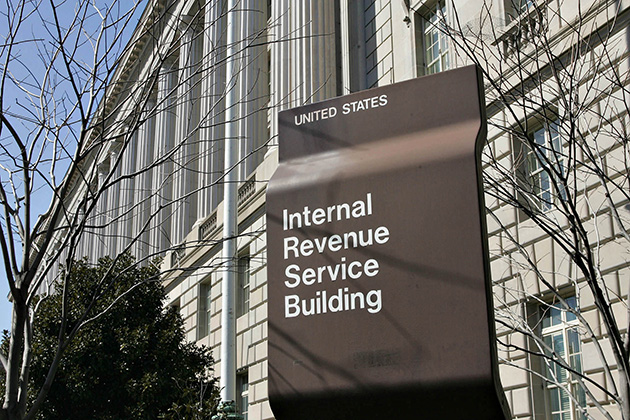Tallahassee, FL (January 3, 2017) – Now that Florida voters have approved Amendment 2, the constitutional amendment allowing the use of medical marijuana, there are many changes coming to Florida. In the next few years, I predict there will be more medical conditions approved, more doctors prescribing, more cannabis use and more approved ways to ingest it (i.e. candy, treats and other food items). Of course, we are not there yet – but it is coming. Employers and employees need to know more about medical marijuana, so here is a quick recap and summary of the situation today:
- What is legal? On January 3, 2017, Amendment 2 took effect, allowing higher strength marijuana for a wider list of medical ailments. The Florida Legislature will soon begin working to review and revise existing medical marijuana regulations to meet the mandates of Amendment 2. Until new laws are passed, Florida Statute 381.986 remains in effect and the Florida Department of Health physicians, dispensing organizations and patients remain bound by the existing law and rules. The Department of Health has 6 months (July 2017) to propose new rules, and 9 months to implement the regulations (September 2017).
- Who is growing Cannabis? There are 6 dispensing organizations already licensed to grow and distribute medical cannabis in Florida. In 2016, Florida completed its first legal harvest of medical marijuana. The cannabis is stored in vacuum sealed and frozen in 441 gram bags, and stored somewhere outside Tallahassee. Surterra, one of the licensed growers, operates a facility outside Tampa, where is grows the full strength variety (and another in Tallahassee growing the low THC variety).
- Where are the dispensaries? Sites are currently open in Tallahassee, Clearwater and Tampa. Many Florida cities are banning or restricting dispensaries, until additional statewide laws and regulations are created.
- How can you get medical marijuana in Florida? Prior to Amendment 2, patients could obtain medical marijuana if they had seizures or other qualifying illnesses that benefit from low THC cannabis, or if they have irreversible terminal illness, they can obtain the full strength marijuana. Under current rules, all medical marijuana needs to be smokeless. Only Florida state approved doctors (regulated by the Florida Office of Compassionate Use) may order medical marijuana. To control potential abuse, patients had to have a treatment history with a cannabis approved doctor for at least 3 months. Currently, there are about 1,500 patients on the state registry, but this number is expected to rapidly expand.
- What physicians can prescribe marijuana? Any physician who holds an active, unrestricted license as a physician under Chapter 458, F.S. or an osteopathic physician under Chapter 459, F.S. may take the required course and examination. There are over 300 physicians registered with the Office of Compassionate Use, and this number is expected to grow rapidly in the first quarter of 2017
- What medical conditions qualify for cannabis (after Amendment 2)? In addition to the existing conditions, patients suffering from HIV/AIDS, glaucoma, post-traumatic stress disorder, ALS, Crohn’s disease, Parkinson’s disease, multiple sclerosis, or other similar conditions will now be covered. Watch for the new regulations to learn more details.
- What patients can qualify for medical marijuana? Under current rules, a patient qualified to receive an order for low-THC cannabis or medical cannabis must: (1) be a permanent resident of Florida; (2) be a patient of an ordering physician for at least 3 months; and (3) be diagnosed with a qualifying physical medical condition. These rules will likely change, due to the expansion of medical conditions in Amendment 2.
- How will this affect Employers? Although the approved medical conditions are not likely due to work related causes, it is unclear about how Amendment 2 will affect workers’ compensation cases and the Florida Drug Free workplace rules and regulations. Additionally, under the Americans with Disabilities Act (ADA), employers will have to confront the legal use of prescribed medical marijuana for chronic and debilitating medical conditions (as it does with other narcotics and pain related medication. Medical marijuana may be available in Florida (and under Florida law); however, marijuana remains illegal under federal law. More to come in future posts.
Florida employers will need to stay tuned to the Florida legislature and the Office of Compassionate Use for further developments.
Consultstu LLC provides fractional HR services to small/mid businesses to lower operational costs, improve business processes and comply with workplace regulations. We deliver customized HR solutions that provide protection from expensive mistakes and strategies to improve workplace results. Call us at 727-350-0370 or visit http://www.consultstu.com









